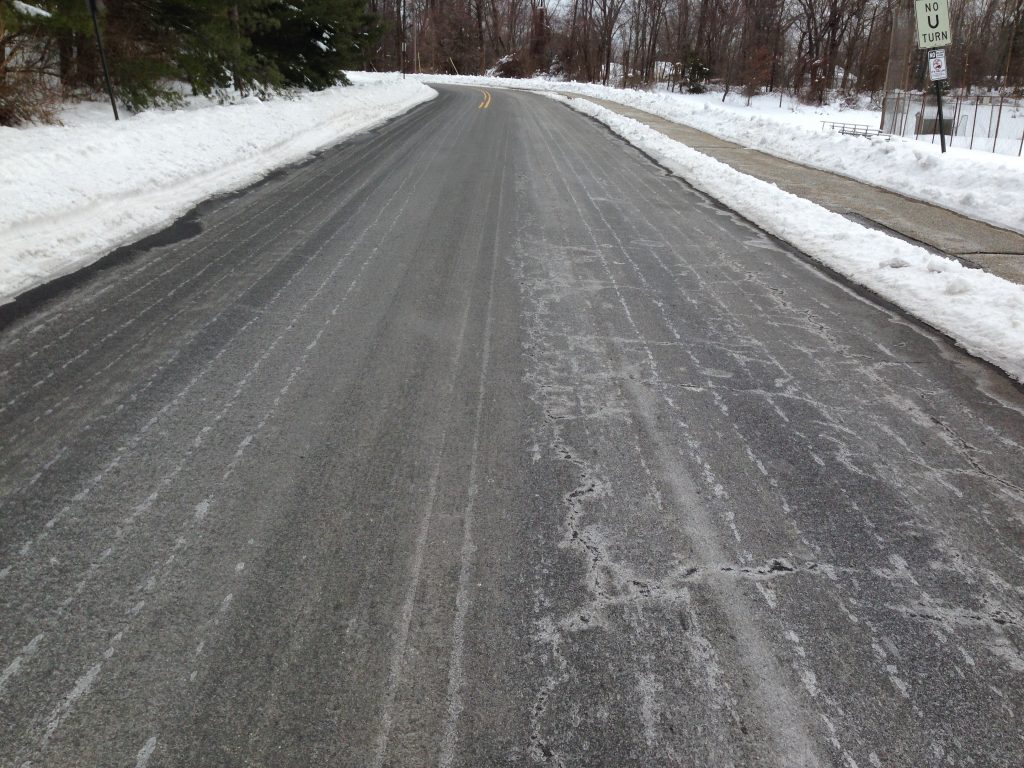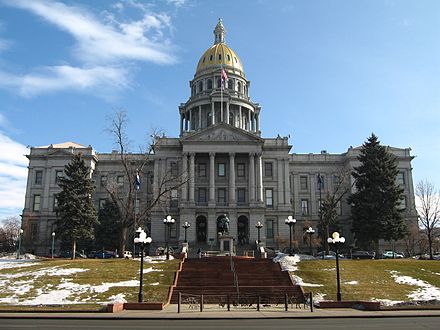Road Salt is Damaging Waterways: Maybe Beet Juice and Pickle Brine Instead?
The good news: the salt put on roads to increase traction and keep them clear for commuters and school buses during snowy and icy weather is very effective. The bad news: it’s terrible for the environment.

The problem is that, after salt gets put on roads, it washes into rivers and lakes, increasing the salinity of these bodies of water.
“Increased salinity can catalyze the release of toxic metals into bodies of freshwater…That’s why some cities are turning to unique concoctions, adding things like beet juice, beer waste, and pickle brine to help salt stick to roads and sidewalks more effectively,” according to Business Insider.
These organic additives help to stick the salt on the pavement, preventing it from polluting nearby rivers and lakes, while also increasing the capacity of the salt to melt ice.
“We’ve seen increasing concentrations in river water, lakes, streams. Then, scientists started asking the question: What is going to happen to the organisms living in freshwater bodies and what will happen to the freshwater bodies as a whole?” Victoria Kelly, from the Cary Institute of Ecosystem Studies, told The Associated Press.
Ultimately, while also releasing toxic metals into freshwater, increased salinity creates dead zones at the bottom of rivers and lakes. This has the potential to destroy habitats of algae and zooplankton that is essential to the food chain of these ecosystems.
Using alternative substances like used beer is only in the experimental stage, however, and still needs to be mastered to find the balance between safe roadways and clean waterways.
But still, it has to be better than all those gross salt deposits, right?




